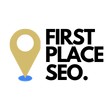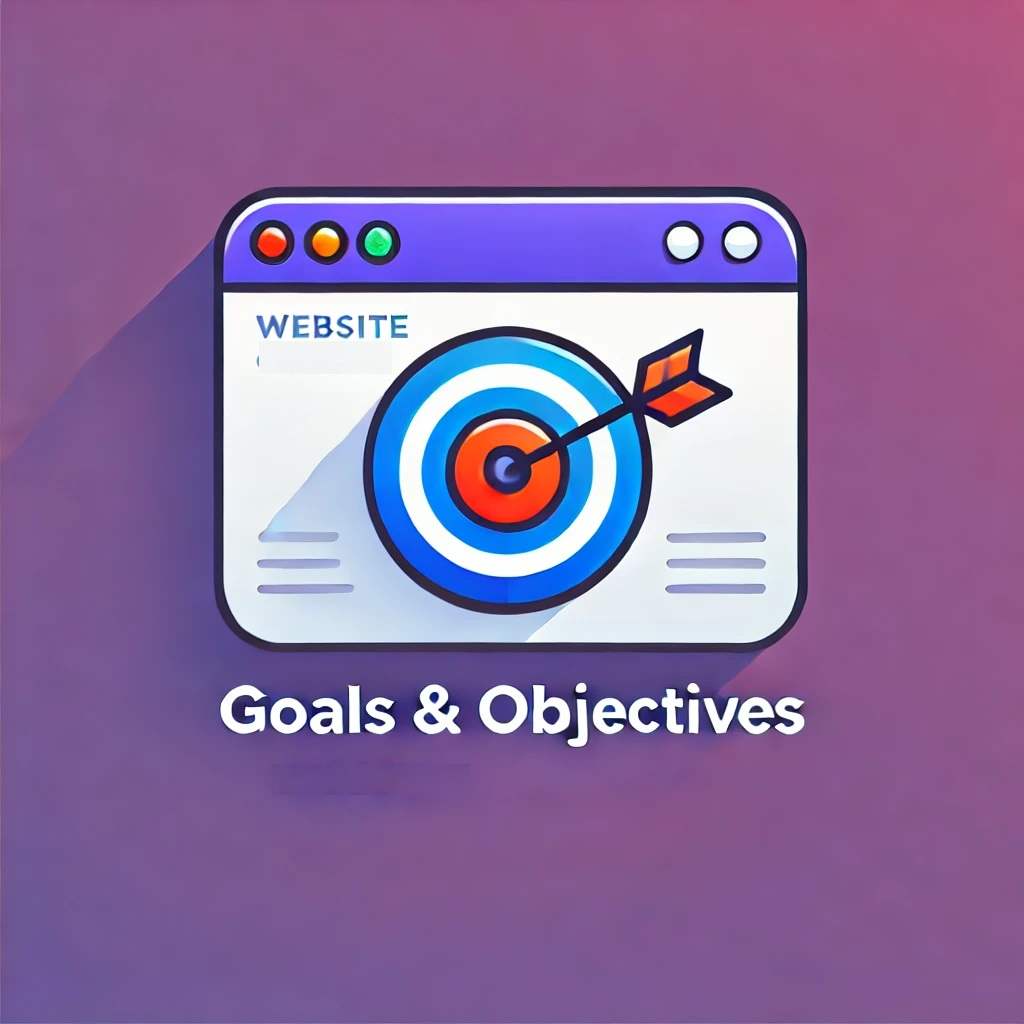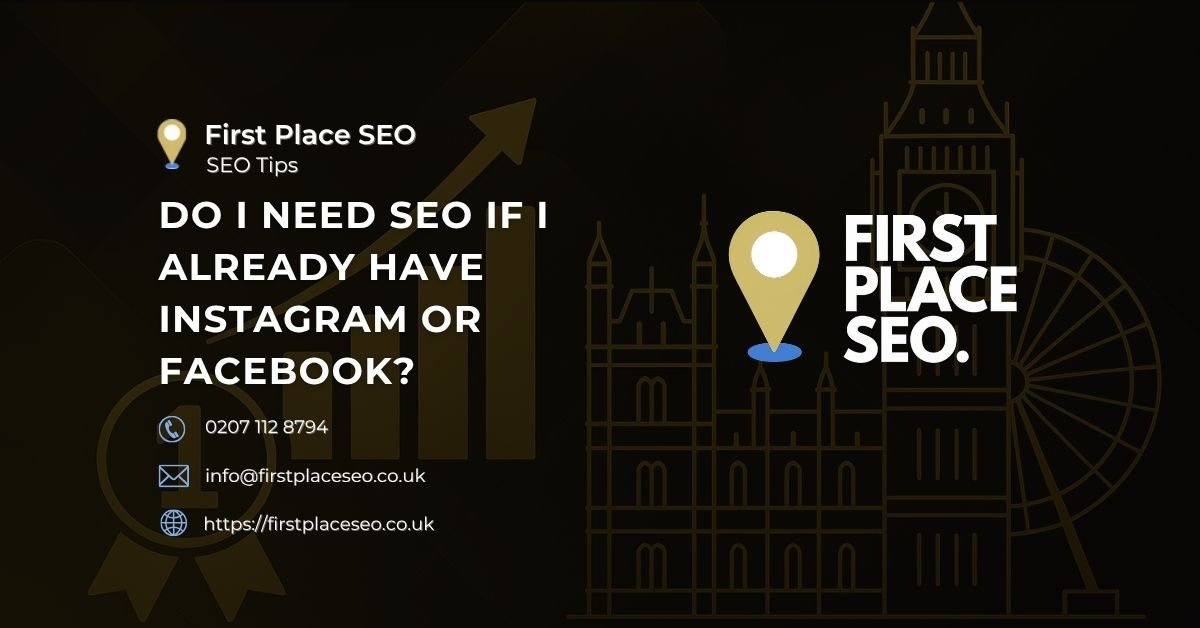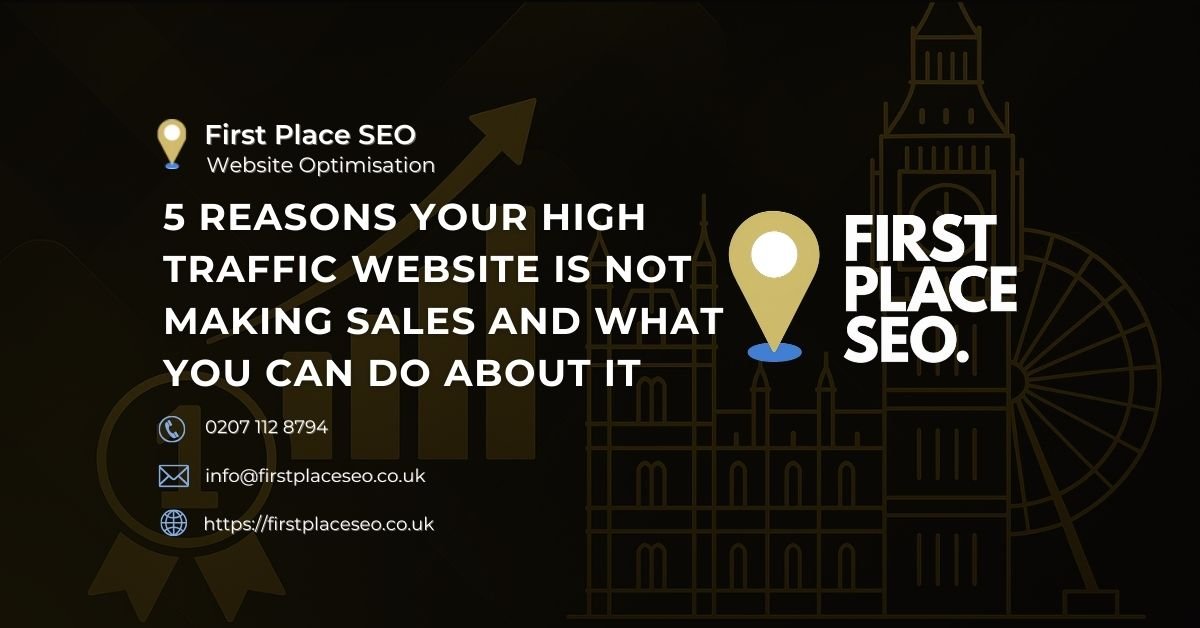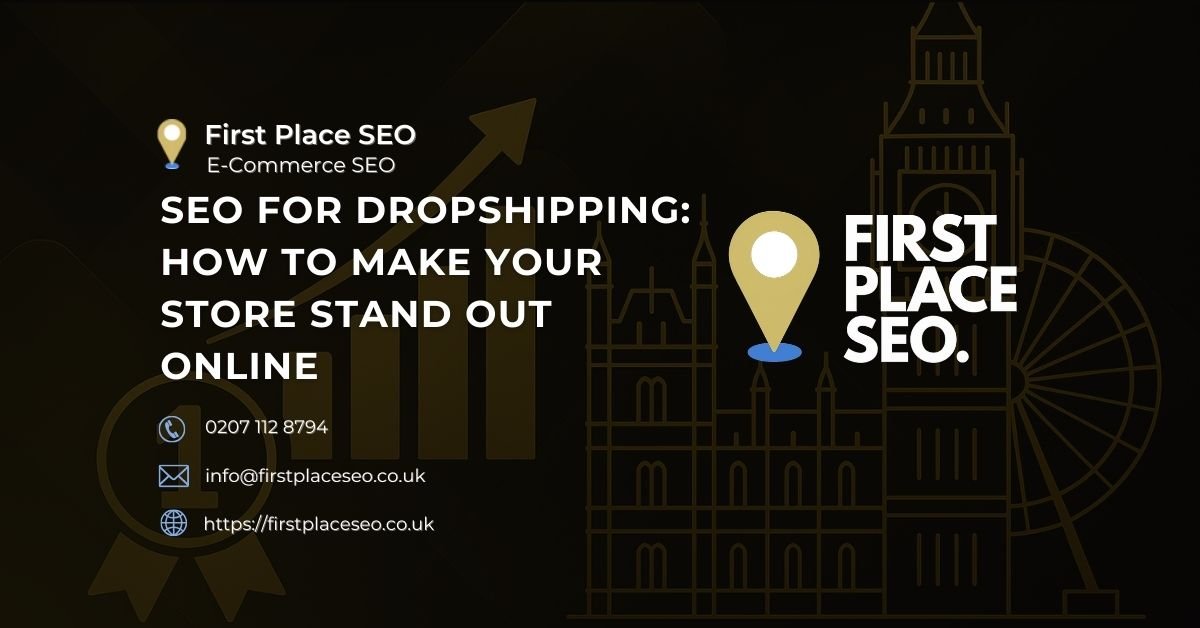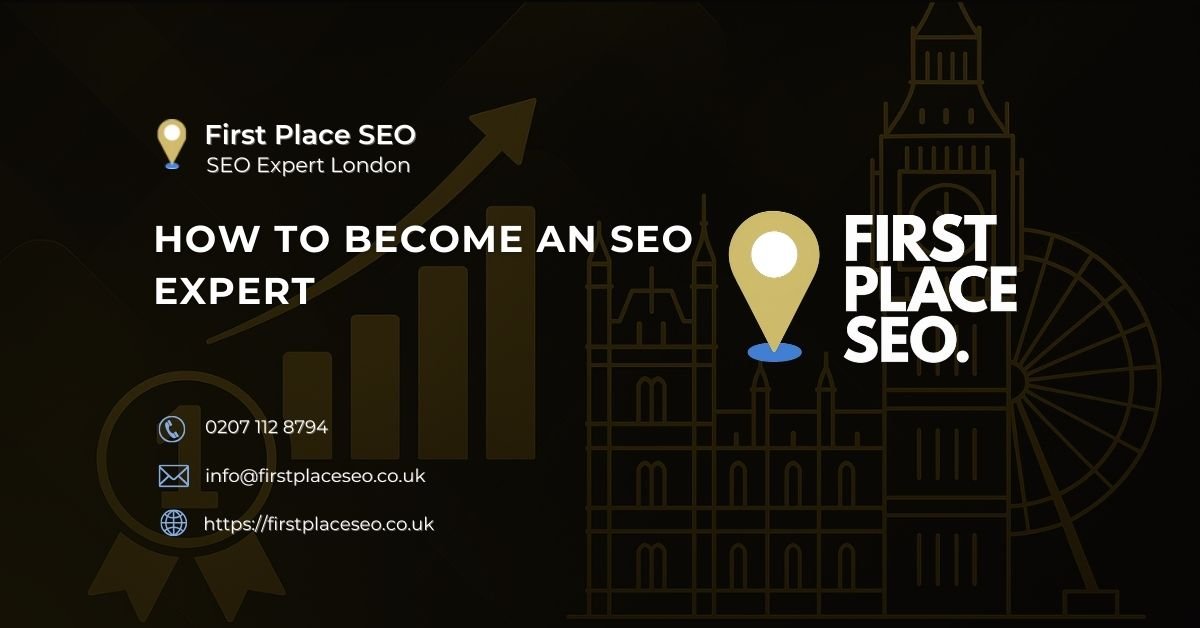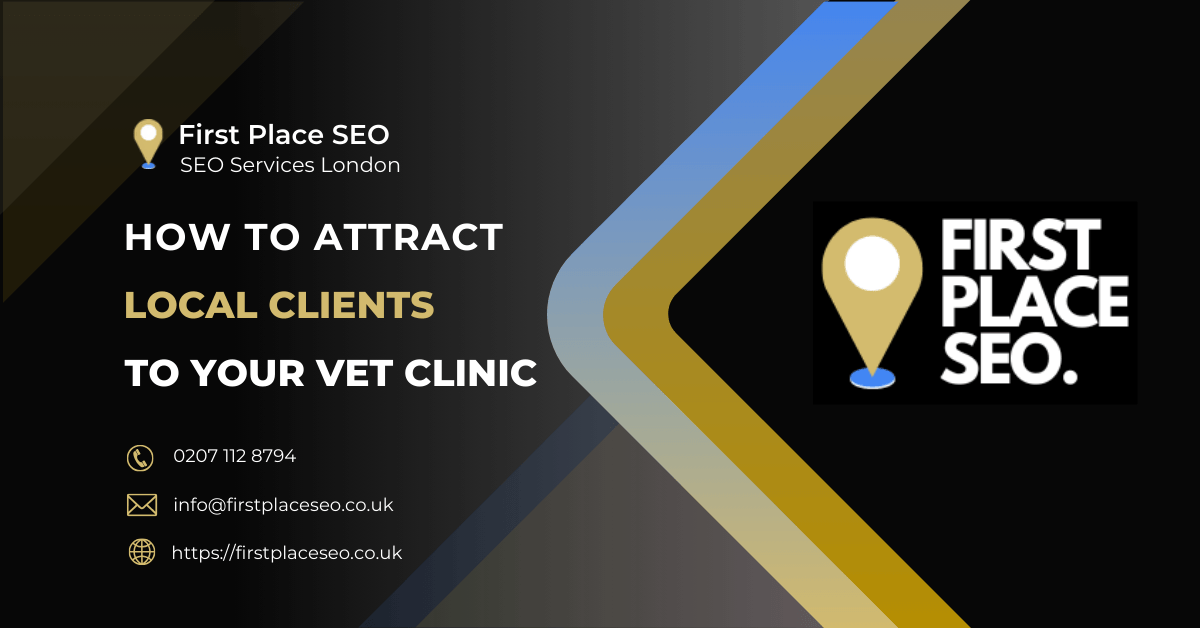Small Business Website Strategies: Aims Objectives and Goals For Using Your Budget Wisely
You have to own a website if you run a business of any kind. Without it your going to miss out on a lot of opportunities and hand them to your competitors who are dominating the space you should be in., We are going to help you establish clear objectives for your website and advise on how to formulate your budget so it suits your business needs. Whether your goal is informational, commercial or brand recognition having a plan in place will be instrumental to your digital marketing success.
Defining Your Small Business Website’s Purpose
Before looking too much in to the design or choosing a website host and content management system it is important to understand the purpose of your website to achieve. Without a clear purpose, the website won’t perform. Your website’s purpose should shape every decision you make, from the content you create to the layout you choose.
What Purposes Can Your Website Serve?
Provide Information:
You should create a straight forward and easy to navigate website if you want to give your web visitors info about your products and services. It is basically an online brochure where people can quickly find what they need and see what sets your business apart from the rest.
Showcase Your Work:
If you are in any creative field such as design or photography you’ll need your website to be a portfolio. Use it to display your best work in order to attract new clients. The designs you use should be clean so your work can shine through. We advise using minimal text as to enhance the visual appeal.
Sell Products:
If you are a retailer or sell services directly online, your website will need to be e-commerce ready. You will want to create a secure and easy-to-use shopping experience, from browsing for products to a smooth checkout. Every element should be geared up to making the buying process as fluid as possible.
Build a Community:
For a business focused on engagement like a membership based service or community group, your website will need to facilitate interaction. It should have features like forums, social media integration, and member areas as these will help build a customer base.
Generate Leads: If all you want to is gather leads, your website will have to focus on conversion. Include clear and obvious calls-to-action combined with simple contact forms. You can also add options for visitors to subscribe to newsletters or special offers, but just make sure they are GDPR compliant. Every page should direct the visitor to contacting you either by phone or email. Just keep it simple as not to confuse the person with too many options.
Combining Objectives:
Should you website serve more than one purpose you will need to prioritise your goals as doing too much will overwhelm your visitors. So focus on what is most important first and mean each part of your site works towards achieving your goals.
Remember: Setting a clear purpose for your website is not a one-time task. As your business grows over time you might need to switch things up. So regularly reviewing and adjusting your website’s goals will mean that it continues to meet the business objectives and serve your customers search intent.
Smart Budgeting for a Small Business Website
Having the right budget for your website is as important as its purpose. Without the right budget you could end up with a defunct website that looks cheap and turns people off.
See your website as an investment. When a website is planned correctly it will bring in new customers and re-engage existing ones resulting in more sales Here’s how I would budget my website effectively:
Do-It-Yourself (DIY) Platforms:
If your budget is tight then look to use a platform like WordPress, Wix, or Squarespace. These platforms will allow you to solid website yourself. The expense will be mainly to do with domain hosting and registration. £300 for the year will normally be enough to get you up and running. Do be aware though that additional costs can materialise from plugins, apps and premium themes. So if your not tech savvy with CSS and coding do be prepared to part with a little bit more to get the functionality your seeking.
Opt for Custom Design:
If your business needs e-commerce, membership portals, or custom applications then you’ll need most likely go with a professionally designed bespoke website. This kind of website is built from scratch to suit your specific needs. The downside is that these websites come with a higher price tag ranging from £3000 to £5000 or more. it all depend on the scale of the website project.
Consider Ongoing Costs:
The cost of the website doesn’t just stop when it is live. There are other costs such as maintenance, updates, hosting and domain renewals. These ongoing costs are vital to keeping your website running smoothly and staying up to date with the latest security protocols and user experience. .
Content and SEO Planning:
Content is key to attracting and keeping visitors engaged. Whether you create content yourself or hire SEO professionals to do it for you, it is time consuming or expensive.. but necessary. Be sure to include content creation in your budget. Content creations is a pillar of SEO and needed to maintain visibility and traffic.
Add Special Features:
This depends on your needs but if you want extra features like live chat, social feeds or analytics you might have to part with some extra cash. You can find some of these plugins for free but more customisable or advanced features may cost, so include them in your budget.
Plan for Unexpected Expenses:
Proper preparation prevents poor performance, so it is wise to set aside a portion of your budget say 10-20% for unexpected expenses. This contingency fund could help you to cover any unforeseen costs that can pop up during the web development process.
Budgeting for anything let alone your website isn’t something you do once and then forget about. As your business changes over time your website needs may change as well requiring adjustments to your budget. Regularly review and update your budget to stay on top of your website costs and see that it continues to deliver value to your business.
Avoid Poor Planning Pitfalls
Hopefully by now you understand the reasons why planning a budget for your website is so important. If your intelligent enough to set up a business you know that a website is no longer a luxury; it is an essential part of the business. Without having a clear purpose for your website and a thorough budget you could be costing yourself time, money and brand recognition. So by taking the time to set clear objectives and allocating the right budget, your giving yourself a much better chance of having a website that aligns with your business aim, objectives and goals.
All We Can Say In Summary
All we can say in summary is to create a website that truly supports your business by meticulous planning and being smart about your budgeting. By focusing on these key particulars you can build a website that meets the business needs and helps you connect with customers, drive sales, and grow your brand.to compete with the larger competition in your niche, Getting your website right isn’t always easy but is one of the most important steps you can take to maximise your success.
